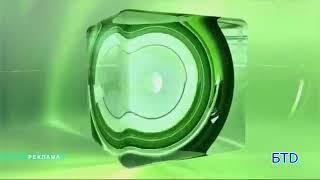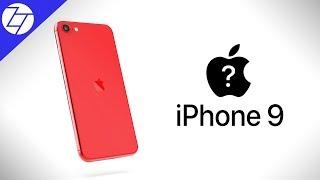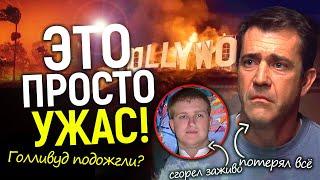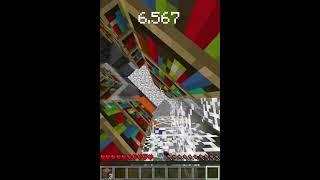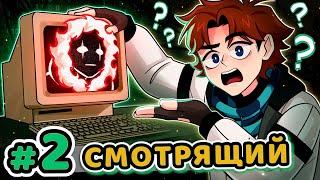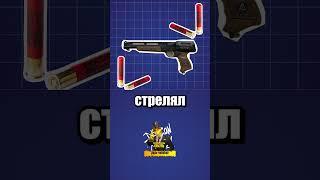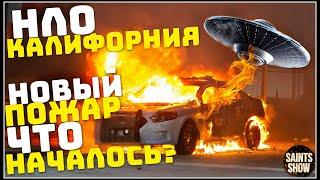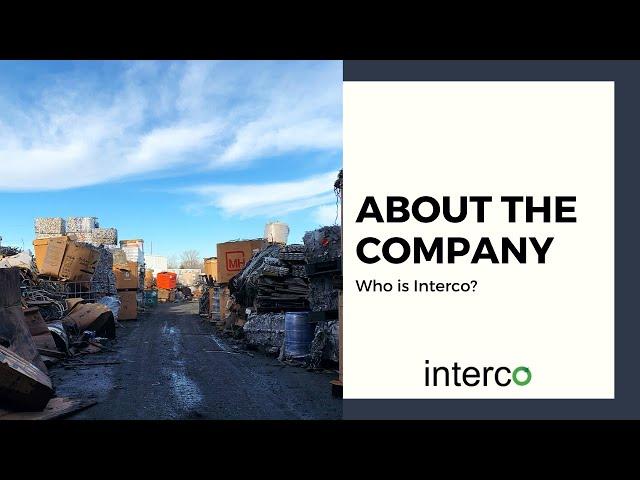
Interco is a Certified R2 eScrap Recycler
Interco is a Certified R2 eScrap Recycler. The R2:2013 Standard is incredibly important. Interco became only the second electronics refurbishing and recycling company in the world to achieve the coveted Responsible Recycling R2:2013 Standard Certification. It is managed by Sustainable Electronics Recycling International (SERI). It is important to note that the R2:2013 Standard offers general principles and practices for IT equipment disposal vendors. According to SERI, by 2015 approximately 600 facilities throughout 21 countries worldwide achieved the R2:2013 Standard. Interco was the second in the world!
Each year, Interco continues to comply with the regulations in this standard. Although it is very expensive, time intensive, and invasive upon proprietary information Interco makes the effort. Many other recyclers and recycling companies alike are curious as to how Interco can afford to continue to maintain the R2:2013 Standard Certification. Perhaps the most compelling reason is that the R2:2013 Standard is valuable to the Interco company, customers, and suppliers. It is also very important to the environment and the health and safety of its inhabitants.
The R2:2013 Standard Certification was developed by industry leaders in the public, private, and nonprofit sectors. These professionals saw the need for accountability when handling these potentially hazardous items. Subsequently, they created the R2:2013 Standard. While the R2:2013 Standard first implemented as a standard in 2008, the current version is from a revision that was released in 2013. This version underwent 15 months of review from the Technical Advisory Committee. As a result, the technical Advisory Committee applied the changes in 2013. Any recycler that held the R2:2008 certification was forced to conform to the new R2:2013 Standard or forfeit their certification.
Furthermore, the R2:2013 Standard focuses on the supply-chain management of materials that pose the most threat to health and the environment. A recycler that holds this certification must follow any focus material that they hold in their possession to its final disposition where the material will be reused to form new product, absolving our landfills of these harmful materials.
Most of all, to become certified to the R2:2013 Standard, there are a number of stringent compliance details to which a company must adhere. First, an R2:2013 Standard certified recycler must maintain and enforce an Environmental, Health, and Safety Management System that monitors its practices within the company, and to their downstream consumers. This system implements requirements for the health and safety of workers, the environment, and anyone or anything that may come in contact with the potentially hazardous materials.
One of the many requirements that is extremely valuable within the Environmental, Health, and Safety Management System is training for the employees. When an educated employee is handling these potentially hazardous materials, there is much less risk of improper exposure of these materials, not only for the individual handling, but also for anyone who may come into contact with the material.
In addition, the recycler must have a hierarchy for their equipment disposal. Almost all include: Reuse, Materials Recovery, and finally Energy Recovery or Land Disposal. This requirement signifies that a recycler must attempt to recycle the material by first attempting to reuse/repair it. Consequently, if materials are irreparable, recyclers must use proper material recovery techniques to recreate the material into something reusable. Finally, if there are no other options, the recycler is allowed to use the material for energy recovery (typically via burning) or to dispose in a landfill. Although the standard states land disposal as a last resort, it is still frowned upon by certification bodies.
As a result, an R2:2013 Standard Certified recycler must comply with all legal requirements. Including all import, export, and any other state and/or federal regulations regarding the handling, transportation, and disposal of any of the focus materials.
The list of Focus Materials is an important piece of the R2:2013 Standard. Consequently, companies must dispose of materials properly. As corporations export more and more materials, the proper disposal becomes even more grave. Generally speaking, nobody wants to absorb the liability or take responsibility for the contamination of the environment home or abroad. The potential long-term legacy health and safety liability attributed to negligence is far too great. Maintaining the highest standards of care with the proper documentation and processes.
Another important piece of the certification process is the management of focus materials. This includes supply chain management from the acquisition of the materials to the recycler to the movement of the materials to their final disposition.
Each year, Interco continues to comply with the regulations in this standard. Although it is very expensive, time intensive, and invasive upon proprietary information Interco makes the effort. Many other recyclers and recycling companies alike are curious as to how Interco can afford to continue to maintain the R2:2013 Standard Certification. Perhaps the most compelling reason is that the R2:2013 Standard is valuable to the Interco company, customers, and suppliers. It is also very important to the environment and the health and safety of its inhabitants.
The R2:2013 Standard Certification was developed by industry leaders in the public, private, and nonprofit sectors. These professionals saw the need for accountability when handling these potentially hazardous items. Subsequently, they created the R2:2013 Standard. While the R2:2013 Standard first implemented as a standard in 2008, the current version is from a revision that was released in 2013. This version underwent 15 months of review from the Technical Advisory Committee. As a result, the technical Advisory Committee applied the changes in 2013. Any recycler that held the R2:2008 certification was forced to conform to the new R2:2013 Standard or forfeit their certification.
Furthermore, the R2:2013 Standard focuses on the supply-chain management of materials that pose the most threat to health and the environment. A recycler that holds this certification must follow any focus material that they hold in their possession to its final disposition where the material will be reused to form new product, absolving our landfills of these harmful materials.
Most of all, to become certified to the R2:2013 Standard, there are a number of stringent compliance details to which a company must adhere. First, an R2:2013 Standard certified recycler must maintain and enforce an Environmental, Health, and Safety Management System that monitors its practices within the company, and to their downstream consumers. This system implements requirements for the health and safety of workers, the environment, and anyone or anything that may come in contact with the potentially hazardous materials.
One of the many requirements that is extremely valuable within the Environmental, Health, and Safety Management System is training for the employees. When an educated employee is handling these potentially hazardous materials, there is much less risk of improper exposure of these materials, not only for the individual handling, but also for anyone who may come into contact with the material.
In addition, the recycler must have a hierarchy for their equipment disposal. Almost all include: Reuse, Materials Recovery, and finally Energy Recovery or Land Disposal. This requirement signifies that a recycler must attempt to recycle the material by first attempting to reuse/repair it. Consequently, if materials are irreparable, recyclers must use proper material recovery techniques to recreate the material into something reusable. Finally, if there are no other options, the recycler is allowed to use the material for energy recovery (typically via burning) or to dispose in a landfill. Although the standard states land disposal as a last resort, it is still frowned upon by certification bodies.
As a result, an R2:2013 Standard Certified recycler must comply with all legal requirements. Including all import, export, and any other state and/or federal regulations regarding the handling, transportation, and disposal of any of the focus materials.
The list of Focus Materials is an important piece of the R2:2013 Standard. Consequently, companies must dispose of materials properly. As corporations export more and more materials, the proper disposal becomes even more grave. Generally speaking, nobody wants to absorb the liability or take responsibility for the contamination of the environment home or abroad. The potential long-term legacy health and safety liability attributed to negligence is far too great. Maintaining the highest standards of care with the proper documentation and processes.
Another important piece of the certification process is the management of focus materials. This includes supply chain management from the acquisition of the materials to the recycler to the movement of the materials to their final disposition.
Тэги:
#Interco_is_a_Certified_R2_eScrap_Recycler #Interco #Recycling #Scrap #R2_Recycling #ISRI #Recycling_Centers #Recycling_Companies #ITC #eWaste_Recycling_Center #R2_Certified #RLA #ISO9001 #Nonferrous #Non-ferrous #Metaltronics_Recycler #Madison_Illinois #Illinois_Recyclers #Recyclers #Recycle #Waste_Management #Scrap_Electronics #Recycle_Electronics #Electric_Motors #eWaste #eScrap #Lead #Aluminum #Brass #Copper #Recycle_Computer #Recycle_Laptop #Recycle_batteries #Recycle_Solar_Panels #ITCscrapКомментарии:
Still болен (feat. Хатын)
Каспийский Груз
28. November 2024
Selena Mair
iPhone 9 (2020) - But Why?
ZONEofTECH
Movie Trivia Quiz : 40 Questions For Film Buffs
Carole's Quizzes
浮世謳歌生命教 / nui
nui
Bonk.io 1v1 (MEGA-SKILL vs xCapone) DEATH map
MEGASKILL bonkio




